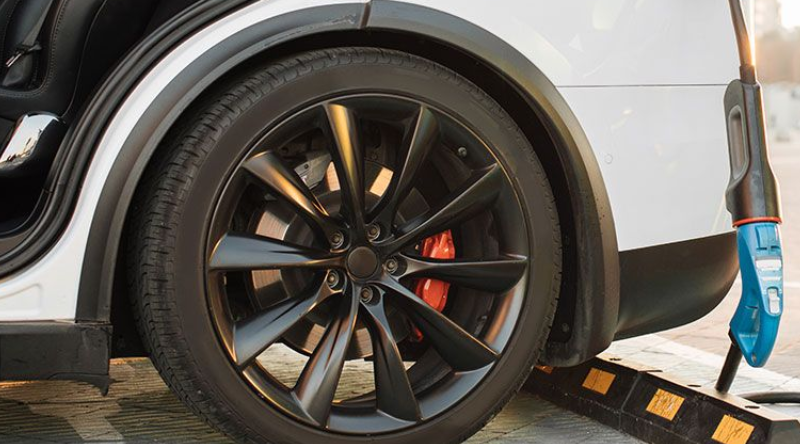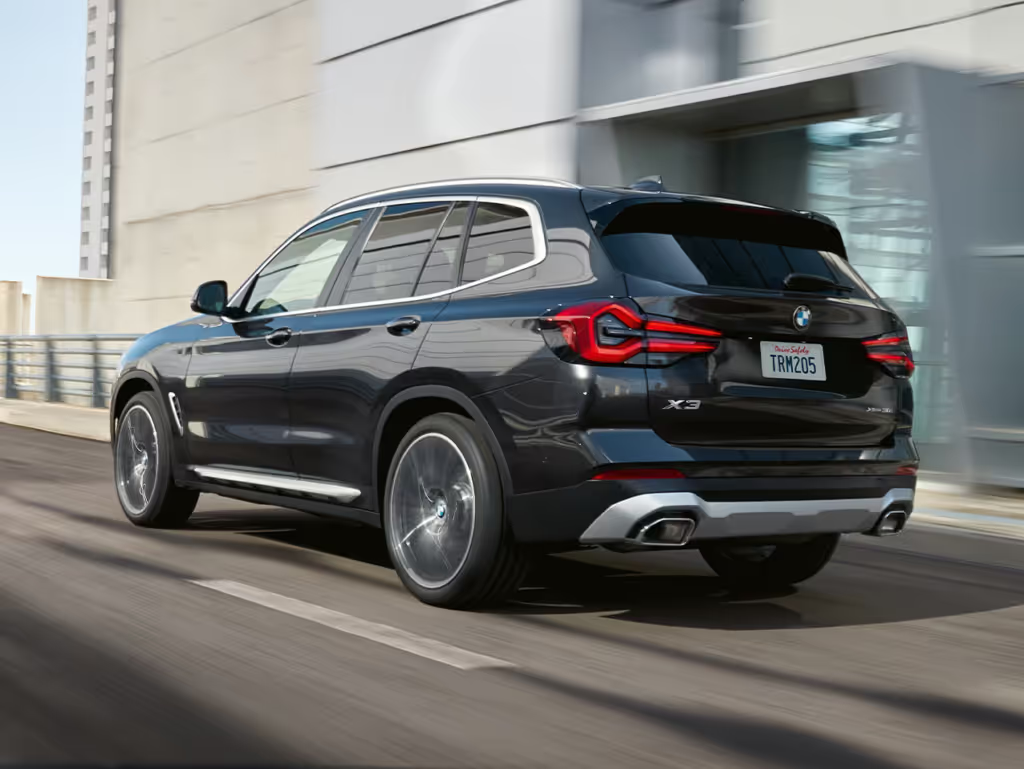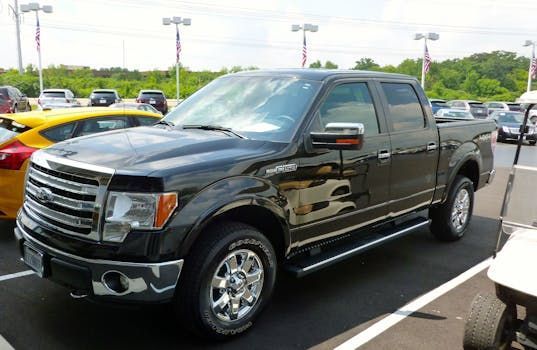How to Protect Tesla Rims from Curb Rash
Auto Shops Located in: Chapel Hill, Durham, Taleigh, Apex, and Cary North Carolina

Damaged, scratched, and bent rims can happen occasionally on the road. However, since the introduction of the Tesla car brand, mechanics like Chapel Hill Tire have seen an uptick in rim damage and services. Why? Tesla vehicles are especially prone to rim damage. Our local Tesla mechanics are here with a look at why Tesla rims become scratched and what you can do to protect your wheels.
What Is Curb Rash?
In terms of Tesla wheels, drivers and mechanics alike often use words like “curb rash,” “rim rash,” and “curbing.” So what exactly does this mean? When a tire scrapes across a curb during a turn, it can leave a harsh scratch across the rim. In worst-case scenarios, drivers may find bent, damaged, or torn rim metal. Tesla vehicles are notorious for “curb rash.” Why? Let’s take a closer look at why Tesla rims become scratched so effortlessly.
Why Do Tesla Rims Become Scratched?
Tesla wheels are built with foam in the middle, making the design slightly different from most cars. While the foam provides a smooth and quiet ride, drivers often find that the Tesla wheel design creates a perfect storm for curb rash and rim scratches:
- Tesla Optical Illusion: Some Tesla drivers have reported that the design of the Tesla can present an optical illusion of sorts—making the car seem more narrow than it actually is. As such, drivers are more likely to misjudge the width of turns and “kiss” the curb.
- Thin Tires: Most rubber tires jut out beyond the rim—providing an added layer of protection. On the other hand, the metal of Tesla rims sticks out further than the tire rubber. This design leaves the metal rims as the first point of contact for curbs during misjudged turns.
- Curb Level: Teslas are relatively low to the ground. Unlike larger cars, trucks, and SUVs—which might elevate the rims slightly above certain hazards—this design puts Tesla rims level with the curb.
- Self Driving and Parking: Some drivers have reported that Tesla vehicles have scratched the rims while engaged in self-parking or self-driving features.
Collectively, these hazards have led to a significant uptick in rim rash—specifically in Tesla vehicles.
How Can You Protect Tesla Rims?
There are a few options available to drivers when it comes to protecting their rims. Some drivers choose to drive more defensively—carefully trying to avoid curbing. However, it can be challenging (if not impossible) to dodge everything the road throws at you.
For comprehensive protection, our mechanics install AlloyGator rim guards on Tesla wheels. Using a blend of super tough nylon, these installations fit seamlessly onto your wheels while providing enhanced damage prevention. At the time of publication, AlloyGators are the only TUV- and MIRA-certified wheel protectors on the market.
5 Benefits of Rim Guards
- Higher resale value: Rim damage can lower the resale value of your Tesla. By preventing rim damage, you can avoid this costly depreciation.
- Preventing costly damage: While rim guards are an investment, they pay for themselves in preventing even more costly wheel and rim damage.
- Preventing structural wheel damage: In addition to preventing scratches, AlloyGator rim guards can absorb the impact of potholes and other road hazards.
- Avoiding metal hazards: In severe cases, scratched rims can result in sharp, jagged edges around your metal wheels. These could become safety hazards, especially if you have small children that could become poked, cut, or scratched.
- Custom aesthetic: Rim guards allow you to customize your Tesla vehicle. You can match your existing rim color, match your Tesla exterior color, or choose from a variety of other color options.
Is AlloyGator Rim Protection Available for All Vehicles?
Yes, AlloyGator rim guards can safeguard almost any vehicle. However, not all cars require this level of protection. Most rims have built-in security, with the tire rubber jutting out further than the metal rims. AlloyGator rim guards are perfect for drivers with specialty rims or luxury vehicles with more extravagant rims.
Tesla Rim Protection from Chapel Hill Tire
When you are ready to get your rims protected, the local mechanics at Chapel Hill Tire are here for you. We provide and install AlloyGators in-house at our 9 Triangle-area locations. As Tesla service experts, our local mechanics can provide comprehensive care for your vehicle. You can find our shops conveniently located in Raleigh, Apex, Carrboro, Chapel Hill, and Durham. We invite you to make your appointment here online or give us a call to get started today!















